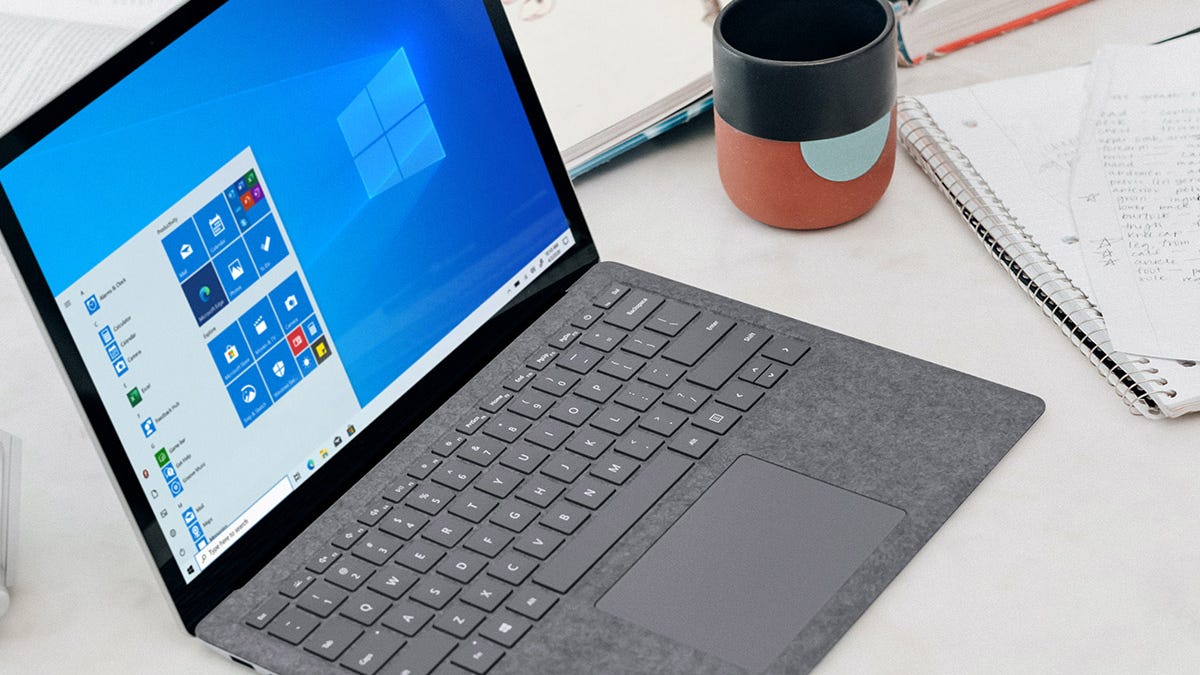BOOK THIS SPACE FOR AD
ARTICLE ADWhat is the most important aspect of a pair of earbuds? My answer changes depending on the circumstances. I prefer power and volume when I'm at home listening to music. If I'm at the gym, I need something rugged and capable of blocking out sound. Sony's new LinkBuds Fit meets my needs.
Also: The best headphones for working out in 2024: Expert tested and reviewed
I had the opportunity to try out a pair for the past week or so, and they quickly became my go-to workout buddies. I never left home without them. Before I get into the many reasons why I love these buds, I want to quickly give a shoutout to the charging case.
I received the pale green model with a marble lid and a soft rubber bottom. Together, they look lovely. I don't know if these materials help reinforce it or anything, but I am a huge fan of the aesthetics. Sony's LinkBuds Fit have the nicest charging case I've ever had the pleasure of holding.
The LinkBuds Fit can be seen as an evolution of Sony's LinkBuds S. Like the older models, these are wireless, noise-canceling earbuds with a few adjustments. Most importantly, Sony designed its new earbuds to be more comfortable. The company told us it made the casing shorter and covered it with a "silicone supporter." Inside this silicone is an air cushion.
Also: I tested sleep earbuds made by ex-Bose engineers, and they're more useful than expected
In my experience, this design change does two things. It allows the earbud to fit better inside an ear, and the silicone covering protects your ears from rubbing against the LinkBuds Fit's hard plastic casing. In short, you get all-day comfort.
I even fell asleep with them on a few times during testing, and when I woke up, my ears didn't feel sore. That's something I can't say about other earbuds, which become uncomfortable over time.
Cesar Cadenas/ZDNETNoise-canceling on the LinkBuds Fit is solid. It's active by default, so the moment you put on both, ANC (active noise canceling) turns on. The feature automatically disables itself when you take one of the earbuds out.
Double tapping on the outside of the left earbud deactivates the ANC. The auto-disable function came in very handy for me, as I don't really use gesture controls.
The ANC feature blocks varying amounts of sound, depending on the environment. I heard more ambient sound in my quiet room, like the traffic outside my window. At the gym, things were much quieter. I could hardly hear the weights being slammed down or the music from the speaker system. This auto-optimizer feature really impressed me.
That said, the ANC is not all-powerful. Loud enough noises will leak through.
Cesar Cadenas/ZDNETSony says the earbuds last 5.5 hours on a single charge by themselves, and 25 hours with the case. During my testing, I managed to get the earbuds to run for almost seven hours before I needed to grab the charger. I had ANC turned on, and was playing music at a low volume, so extending the runtime with a few tweaks is possible.
Also: Sony's newest headphones eased my XM5 envy with all-day comfort and plenty of bass
The earbuds' audio output was generally good. Instrument separation was lovely. Acoustic songs and singers sounded wonderful. The only area in which I felt the pair faltered was the bass output. Pop and rap songs lacked that extra punch.
ZDNET's buying advice
At the time of this writing, Sony's LinkBuds Fit are available for preorder for $200. They come in four different colors: black, white, green, and violet. You can purchase extra accessories, like a case cover that goes on a key ring or different colored silicone supporters.
If you like solid ANC and unbelievable comfort, I recommend the LinkBuds Fit. The $200 price tag is a tough sell, especially when other great, cheaper options exist, like the Nothing Ear (a). If you prefer strong audio output, I recommend the Sony WH-1000XM5 wireless headphones.
.png)
 3 weeks ago
18
3 weeks ago
18 















 Bengali (Bangladesh) ·
Bengali (Bangladesh) ·  English (United States) ·
English (United States) ·